Intervention only works when the people concerned seem to be keen for peace
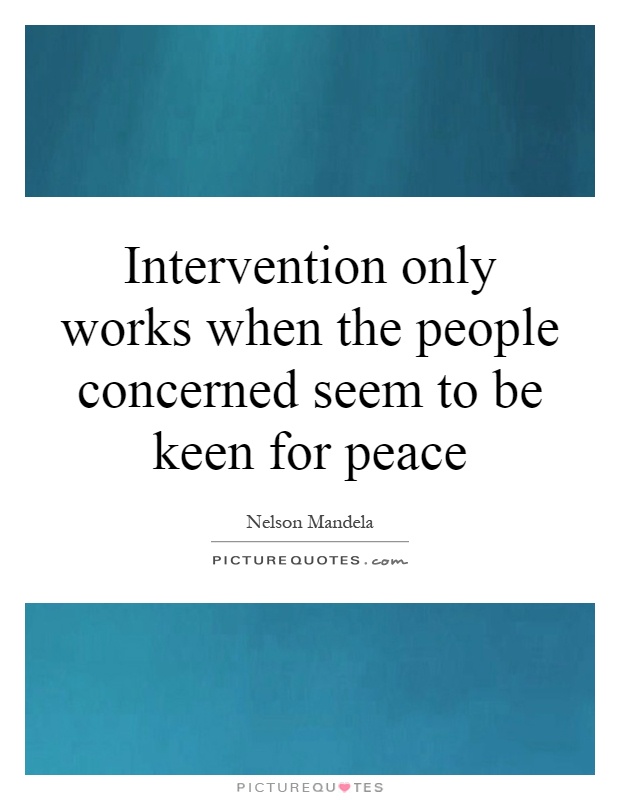
Intervention only works when the people concerned seem to be keen for peace
Nelson Mandela, the iconic South African leader and anti-apartheid revolutionary, is a prime example of how intervention can only be successful when the parties involved are genuinely committed to achieving peace. Mandela's life and legacy are a testament to the power of reconciliation and forgiveness in the face of deep-seated conflict and oppression.Throughout his years of activism and leadership, Mandela consistently demonstrated his unwavering dedication to peace and reconciliation. Despite enduring 27 years of imprisonment for his anti-apartheid activities, Mandela emerged from prison with a spirit of forgiveness and a commitment to building a new, inclusive South Africa. His willingness to engage in dialogue with his former oppressors and work towards a peaceful transition to democracy was instrumental in ending apartheid and establishing a new era of equality and justice in South Africa.
Mandela's approach to conflict resolution was rooted in the belief that all parties involved must be willing to engage in dialogue and compromise in order to achieve lasting peace. He understood that true reconciliation requires a willingness to listen to and understand the perspectives of others, even those who have caused harm or injustice. Mandela's ability to empathize with his adversaries and seek common ground with them was a key factor in the success of the negotiations that led to the end of apartheid.
Mandela's commitment to peace and reconciliation also extended beyond South Africa's borders. As a global statesman, he played a key role in mediating conflicts in other countries, such as Rwanda and the Democratic Republic of Congo. Mandela's reputation as a peacemaker and his ability to build trust and rapport with conflicting parties made him a highly effective mediator in these complex and volatile situations.

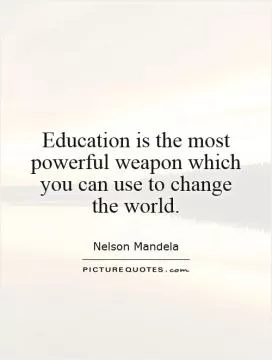
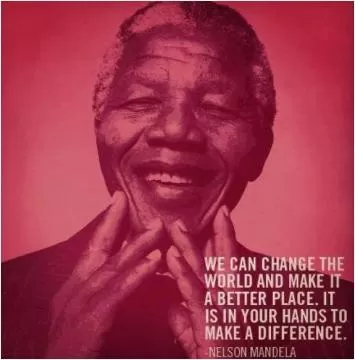

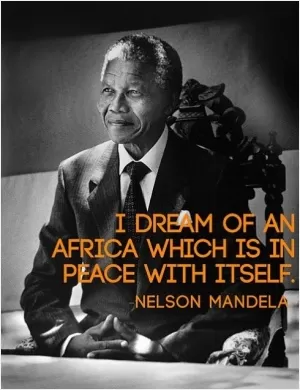
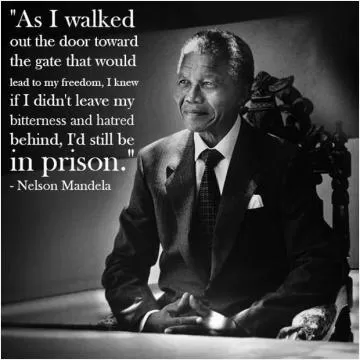

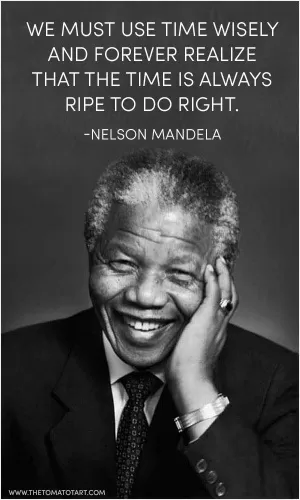
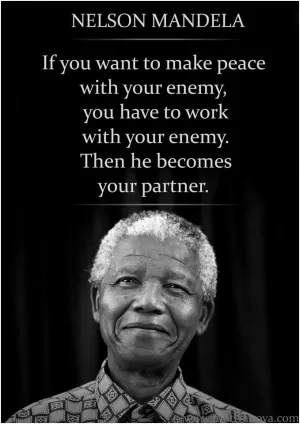
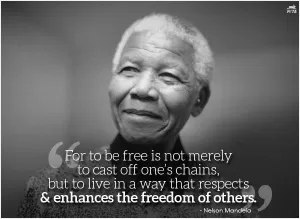

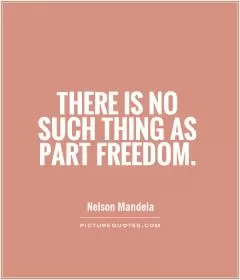
 Friendship Quotes
Friendship Quotes Love Quotes
Love Quotes Life Quotes
Life Quotes Funny Quotes
Funny Quotes Motivational Quotes
Motivational Quotes Inspirational Quotes
Inspirational Quotes